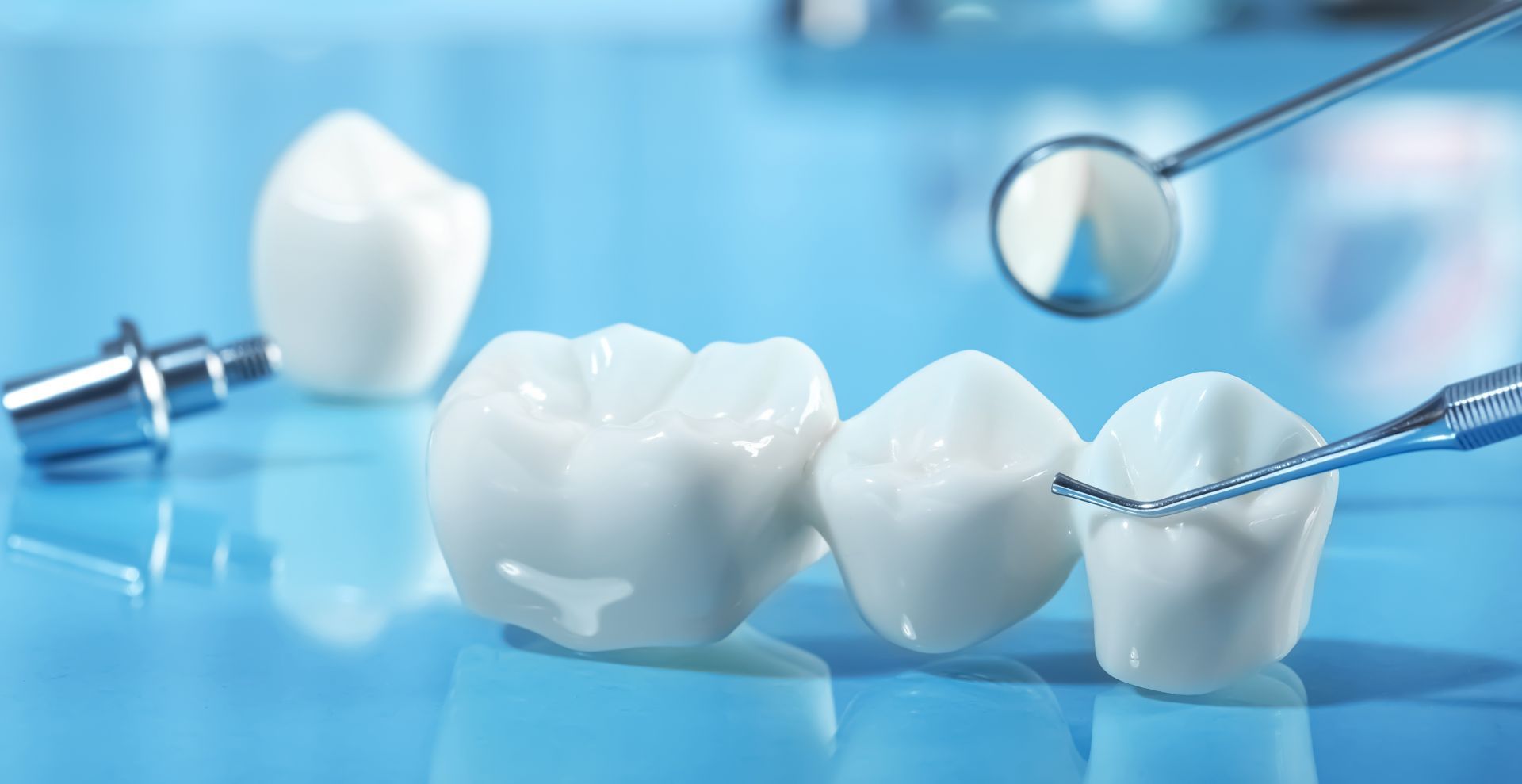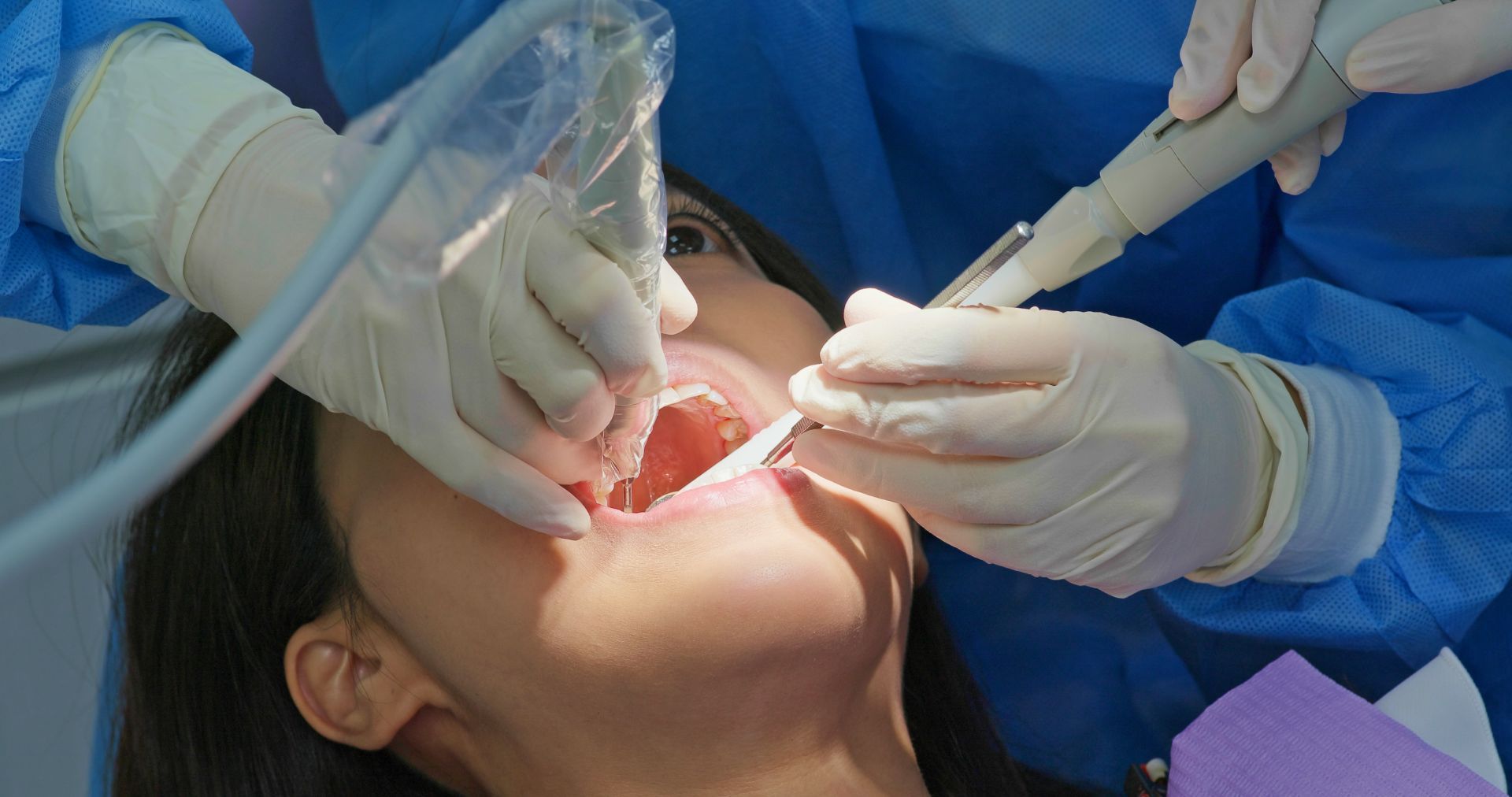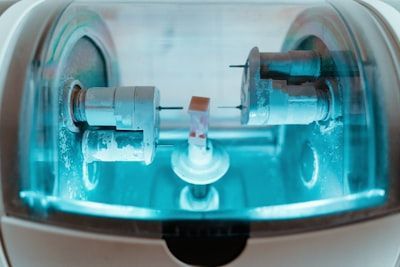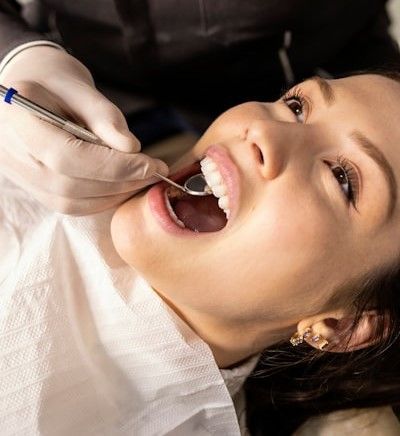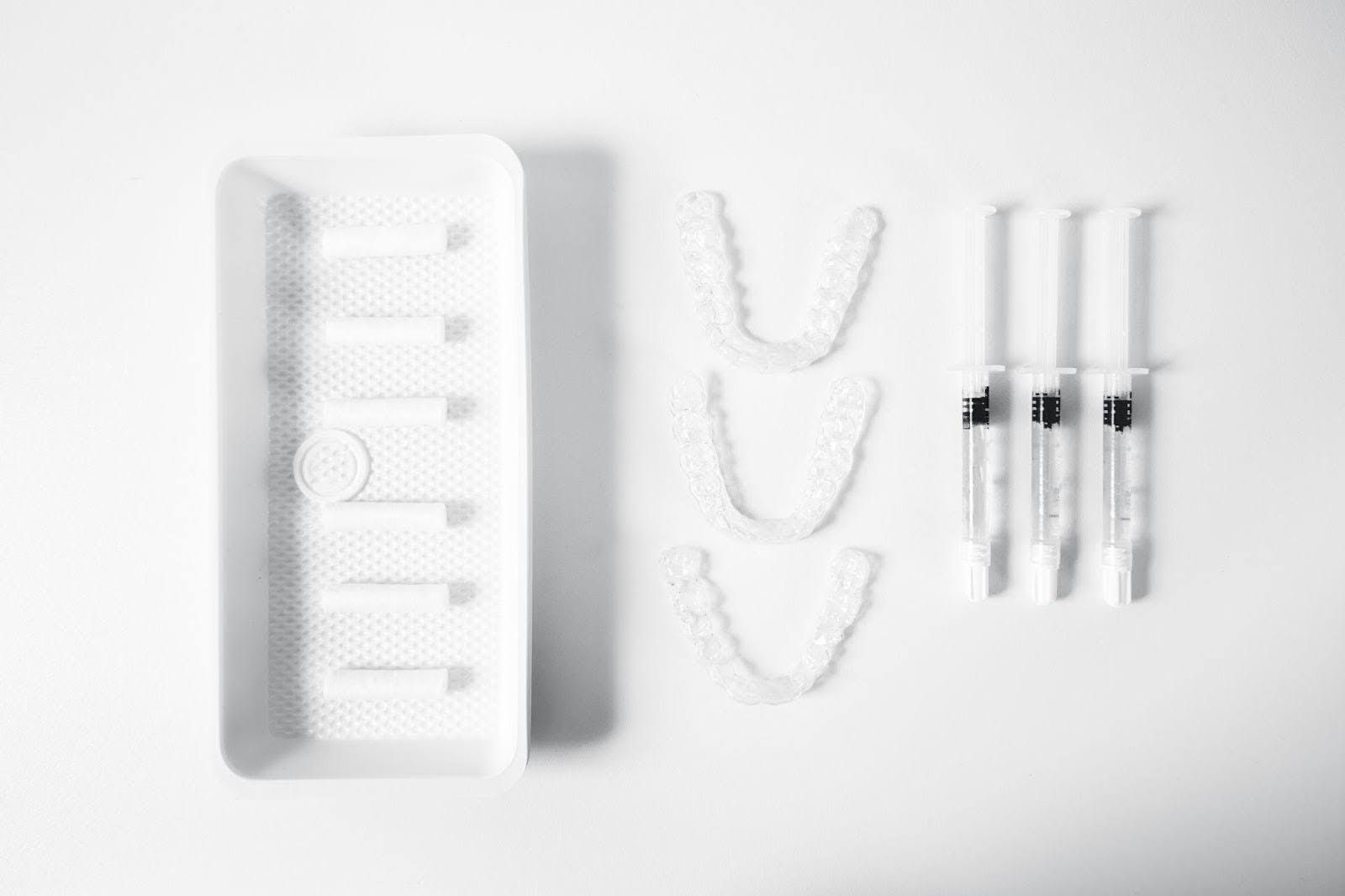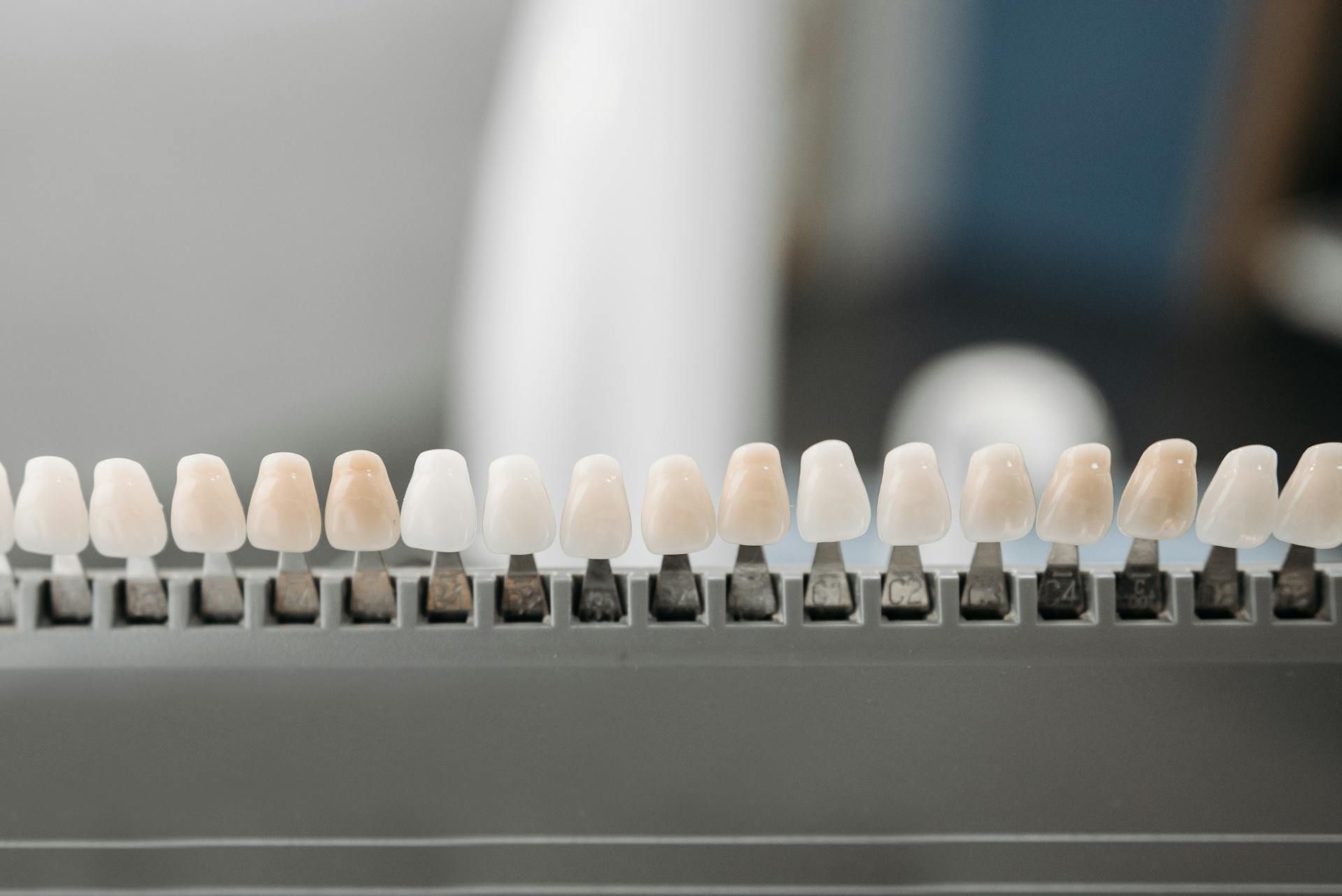Dental Crowns: Types, Procedures, and Care Tips
Dental Crowns Types, Procedure and Care Tips
A crown, also known as a dental cap, is a viable option for those looking to restore their damaged or decayed teeth. This dental restoration is used to encase the entire visible portion of a tooth that has been weakened or broken, providing stability, and enhancing the tooth's appearance. With advances in dental material technology and techniques, dental crowns have become a popular choice to help protect and preserve one's dental health. In this comprehensive guide, we'll navigate through the types of dental crowns available, the procedure involved, and the best ways to care for your crowns, ensuring they last as long as possible.
Before delving deeper into dental crowns, it's essential to understand the primary reasons they may be necessary. Some of these reasons include protecting a tooth that has had root canal treatment, repairing a chipped or broken tooth, holding together a severely cracked tooth, and even improving the aesthetics of teeth with severe discoloration or irregular shape. Whichever the reason for selecting a dental crown, it's crucial to be informed about the various options available and how each type best suits individual needs.
The four primary types of dental crowns are ceramic, porcelain-fused to metal (PFM), gold or metal alloys, and all-resin. Each type offers different advantages and disadvantages regarding strength, durability, appearance, and cost. Gaining knowledge about these crown materials will equip you with the necessary information to make an informed decision when considering your tooth restoration options at Taylor Made Smiles in Monroe, GA.
Keep reading to learn more about dental crowns, the types available, the dental crown procedure, and the necessary steps to ensure your crown dental care is faultless.
Ceramic Dental Crowns: Aesthetics and Color Matching
Ceramic crowns are predominantly made from dental-grade porcelain, offering an excellent choice for those looking for a natural-looking dental restoration. Ceramic crowns closely resemble the color and texture of natural teeth, making them especially suitable for front tooth restorations. The ceramic material is also highly stain-resistant, ensuring your restored smile retains its attractive appearance.
However, ceramic crowns may not be the best option for those who grind their teeth or have a heavy bite. The material is more fragile than metal and can chip or break under excessive force. Moreover, ceramic crowns can cause increased tooth sensitivity in some individuals.
Porcelain-Fused to Metal (PFM) Crowns: Strength and Aesthetics
Porcelain-fused to metal crowns consist of a metal base covered with a layer of tooth-colored porcelain. This combination provides an excellent balance of durability and aesthetics. PFM crowns closely imitate the appearance of natural teeth while offering the strength and stability of metal crowns, making them suitable for both front and back teeth restorations.
However, PFM crowns are not without their drawbacks. One potential issue is the possibility of the metal base becoming visible at the gumline over time, causing a dark line that can negatively impact the crown's appearance. Additionally, the porcelain layer can sometimes chip or wear down, revealing the metal underneath. Nevertheless, PFM crowns remain a popular choice due to their combination of strength and aesthetics.
Gold or Metal Alloy Crowns: Resilience and Longevity
Gold or metal alloy crowns are the most durable and long-lasting of the dental crown options. They are predominantly used for molar restorations, where strength and resistance to wear are of the utmost importance. These crowns consist of metals such as gold, nickel, palladium, or chromium alloys, providing exceptional strength and resistance to corrosion.
Despite their unmatched durability, gold or metal alloy crowns are not ideal for everyone. Their metallic appearance can be a significant deterrent for those seeking a more natural-looking restoration. Additionally, individuals with metal allergies may experience adverse reactions to certain alloys.
All-Resin Crowns: Affordability and Versatility
All-resin crowns are a cost-effective option for tooth restoration. These crowns consist of composite resin materials that closely resemble the appearance of natural teeth. They are a popular choice for individuals looking for more budget-friendly dental crown options.
While all-resin crowns offer an affordable and visually pleasing solution, they have some potential disadvantages. The resin material is not as strong as other crown types, making them more susceptible to fractures, chipping, and wear. Furthermore, all-resin crowns may not be ideal for teeth that endure heavy chewing and biting forces, such as molars.
The Dental Crown Procedure: What To Expect
A dental crown procedure sometimes requires two visits to the dentist. Here is a step-by-step guide on what to expect during these appointments:
First visit: Tooth Preparation and Temporary Crown Placement
1. Your dentist will administer a local anesthetic to numb the area around the tooth being treated.
2. The tooth is carefully shaped and prepared to accommodate the crown. This process involves the removal of decay, fractures, or any old filling material.
3. An impression of the prepared tooth is taken and sent to the dental laboratory, where your custom dental crown will be fabricated.
4. A temporary dental crown is placed on the prepared tooth to protect it while the permanent crown is being made.
Second visit: Permanent Crown Fitting
1. Your temporary crown will be removed, and your dentist will assess the fit and appearance of the custom-made permanent crown.
2. Any necessary adjustments will be made to ensure a perfect fit.
3. The permanent crown is cemented into place, effectively restoring your tooth's function and appearance.
Caring for Your Dental Crowns: Tips for Longevity
Proper crown dental care is critical to ensuring your dental crowns last for many years. Here are some essential care tips to maintain your crowns' condition and functionality:
1. Practice good oral hygiene. Brush your teeth at least twice a day and floss between your teeth daily.
2. Use fluoride toothpaste to strengthen the remaining tooth structure and reduce the risk of tooth decay.
3. Consider using an antimicrobial mouth rinse to reduce plaque and prevent gum infections.
4. Avoid biting down on hard objects, such as ice, as this can chip or damage your dental crowns.
5. Schedule regular dental checkups and cleanings to monitor the condition of your crowns and detect any potential issues early on.
Conclusion
Well-fitted dental crowns can effectively restore damaged, decayed, or discolored teeth, improving your oral health and confidence. By understanding the types of dental crowns available, knowing what to expect during the dental crown procedure, and diligently caring for your crowns, you can maintain a healthy and beautiful smile. Always consult your dentist to discuss which dental crown option is the most suitable for your individual needs and dental situation. Schedule a visit at Taylor Made Smiles today for
same-day crowns in Monroe, GA.

